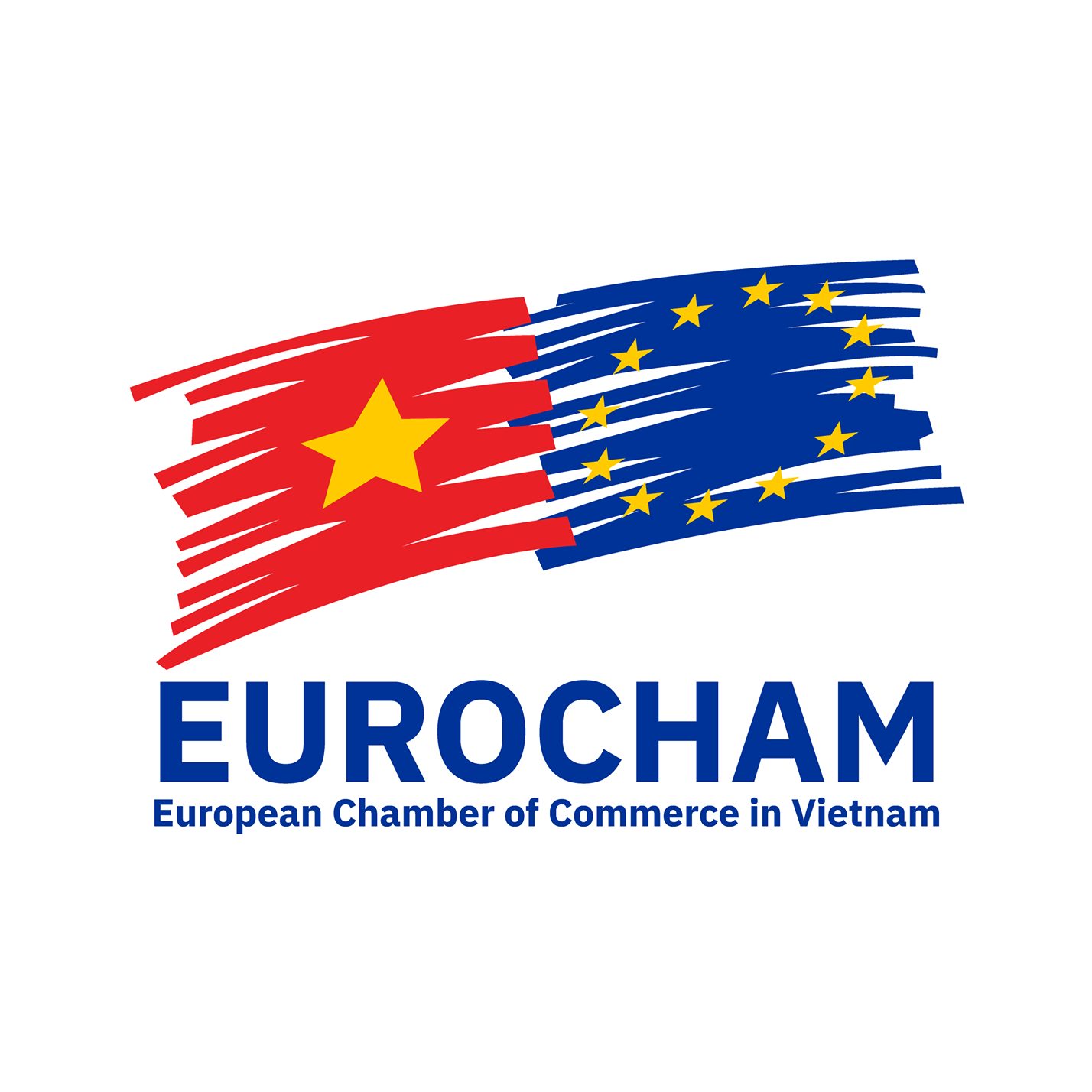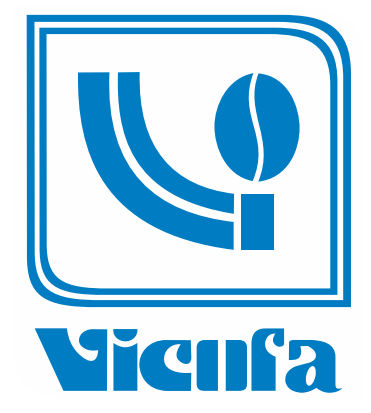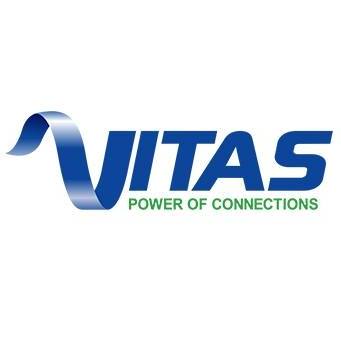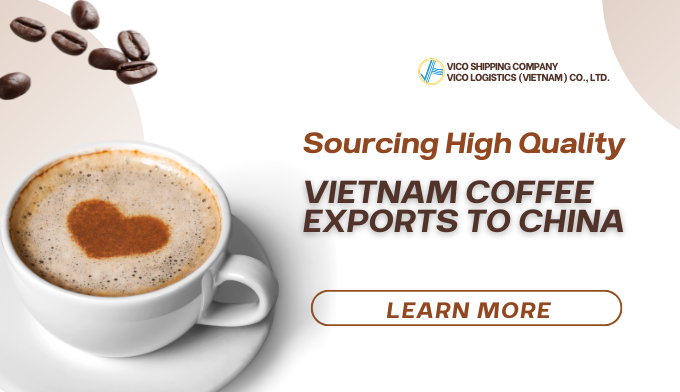
As one of the world's largest producers of coffee, Vietnam has established itself as a major player in the global coffee market. Known for its robusta beans, which account for approximately 40% of the world’s robusta production, Vietnam offers a unique opportunity for coffee importers, particularly in China. Vietnam coffee exporters offering high-quality beans can strategically tap into the growing Chinese coffee market
VICO Logistics understands the complexities of the coffee import and export industry. As a leading coffee logistics provider, we offer tailored solutions to ensure your Vietnam coffee export reaches the Chinese market seamlessly.
Let VICO be your partner in unlocking the potential of Vietnam coffee export.
1. How has Vietnam coffee been exported to China in recent days?
1.1 Vietnam Coffee Export chances to meet high demand in China
China's coffee culture has undergone significant transformation in recent years. Traditionally a tea-drinking nation, China has seen a rapid increase in coffee consumption, particularly in urban areas. This shift is driven by a growing middle class, an increase in disposable income, and the influence of Western lifestyles. Coffee shops have become popular social hubs in cities across China, and instant coffee remains a staple for many consumers.
According to market research, China's coffee market is expected to continue expanding, with an annual growth rate of about 10%. As demand increases, so does the need for a reliable and cost-effective supply of coffee beans. This presents a golden opportunity for Chinese importers to source coffee from Vietnam.
>> Overcoming Logistics Challenges in Exporting Vietnamese coffee bean to China
1.2 What makes Vietnam Coffee exports tap into the China Market?
Vietnam is the world's second-largest coffee producer, trailing only Brazil. The country’s climate, soil, and agricultural practices make it ideal for coffee cultivation, particularly for robusta beans, which are known for their strong flavours and high caffeine content. These beans are often used in instant coffee and espresso blends, making them highly sought after by Chinese consumers who favour these types of coffee.
Moreover, Vietnam’s coffee industry is characterized by its efficiency and relatively low production costs, which translate into competitive prices for buyers. For Chinese importers, this means they can source high-quality coffee at a lower cost compared to other regions. Additionally, the proximity between China and Vietnam reduces transportation costs and delivery times, ensuring a fresher product and more agile supply chain.
1.3 Types of Vietnam Coffee export to China
Vietnam primarily produces two types of coffee beans: robusta and arabica. While robusta dominates the market, there is a growing production of high-quality arabica beans, particularly in the Central Highlands region.
- Robusta Beans: Vietnamese robusta beans are known for their strong, earthy flavor, with hints of chocolate and nut. These beans are higher in caffeine and have a more bitter taste compared to arabica, making them ideal for espresso blends and instant coffee.
- Arabica Beans: Although less common, Vietnamese arabica beans are gaining recognition for their quality. Grown at higher altitudes, these beans have a smoother, milder flavour profile with notes of fruit and acidity, appealing to specialty coffee markets.
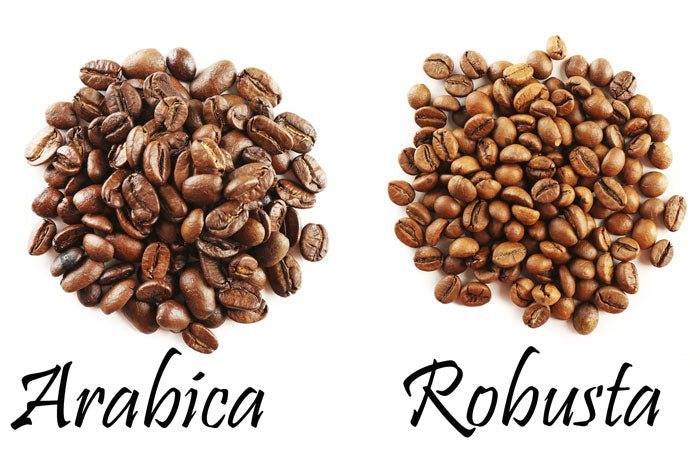
For Chinese importers, understanding the distinct characteristics of these coffee types can help in selecting the right product for their target market. Whether sourcing robusta for instant coffee production or arabica for premium coffee blends, Vietnamese coffee offers a wide range of options to meet diverse consumer preferences.
2. What documents are required for a Chinese coffee importer?
2.1 Quality Control and Certification
One of the critical factors for Chinese importers when sourcing coffee is ensuring consistent quality. Vietnam has made significant strides in improving the quality of its coffee through better farming practices, investment in technology, and adherence to international standards.
Many Vietnamese coffee producers are now certified by organizations such as UTZ, Rainforest Alliance, and Fair Trade, which ensure that the coffee is produced sustainably and meets high-quality standards. These certifications not only guarantee the quality of the beans but also appeal to consumers who are increasingly concerned about the ethical and environmental impact of their purchases.
For Chinese importers, partnering with certified Vietnamese producers can enhance the credibility of their products in the Chinese market. This is particularly important as Chinese consumers become more discerning about the quality and origin of the coffee they consume.
2.2 Establishing Strong Supply Chain Partnerships
Building a successful Vietnam coffee import business requires more than just sourcing quality beans - it also involves establishing strong relationships with suppliers. For Chinese importers, working directly with Vietnamese coffee producers or cooperatives can ensure better control over the supply chain, from farm to cup.
Visiting coffee farms in Vietnam, understanding the production process, and negotiating directly with suppliers can lead to more favourable terms and a more reliable supply chain. Additionally, establishing a long-term partnership can result in better pricing, priority access to premium beans, and insights into market trends and innovations in the Vietnamese coffee industry.
>> Understanding and Meeting China's Strict Quality Coffee Standards
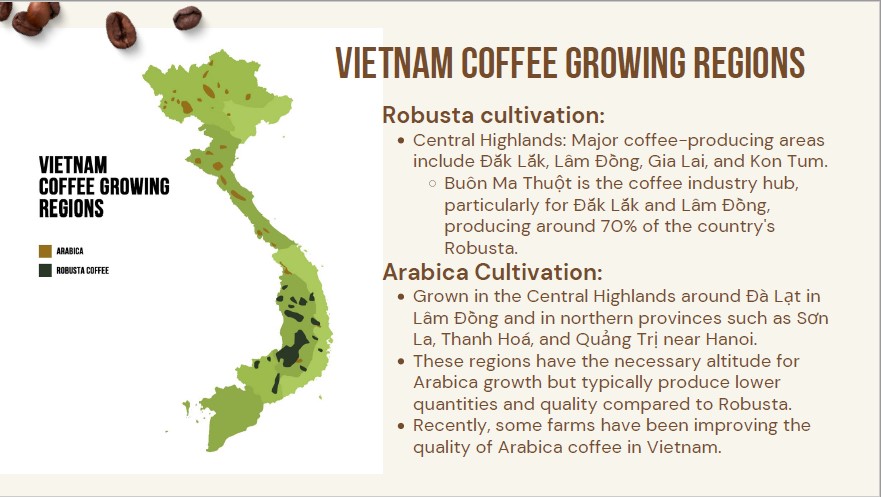
2.3 Navigating Trade and Regulatory Challenges
While the opportunities are significant, Chinese importers must also navigate certain challenges when sourcing coffee from Vietnam. Trade regulations, import tariffs, and quality inspections are all critical factors that can impact the cost and feasibility of importing coffee.
Importers should be well-versed in China’s import regulations and work with experienced customs brokers to ensure smooth processing of shipments. It’s also important to stay updated on any changes in trade policies between China and Vietnam, which could affect the cost or availability of coffee imports.
VICO Logistics has extensive experience in navigating complex trade regulations and customs procedures. Our team of experts can provide valuable guidance and support to ensure compliance and minimize risks.
3. Conclusion: A Promising Market Opportunity
As the demand for coffee continues to grow in China, sourcing high-quality Vietnamese coffee presents a promising opportunity for Chinese importers. With its abundant supply, competitive pricing, and proximity to China, Vietnam is well-positioned to be a key supplier in this expanding market. By focusing on quality control, building strong supply chain partnerships, and navigating regulatory challenges, Chinese importers can successfully capitalize on the rising coffee culture in China, offering consumers a taste of one of the world’s most popular beverages.
VICO Logistics is committed to supporting Chinese coffee importers in tapping into the Vietnamese coffee market. Our comprehensive logistics solutions, combined with our in-depth market knowledge, make us your ideal partner.
We also offers comprehensive market research services to help you make informed business decisions. Our experts can provide you with valuable insights into market trends, consumer preferences, and competitive landscapes.
Let VICO be your gateway to the Vietnamese coffee market.
-----
VICO Logistics – Coffee Logistics Provider
Premium member of Eurocham, JCtrans, VLA, VCCI, VITAS... associations
Owned offices: Hong Kong (headquarters), China (Shenzhen, Shanghai), Vietnam (Ho Chi Minh, Da Nang, Hai Phong).
Follow us for more valuable information
Book now: https://vico.com.hk/#quotation
Contact us: mkt4_hcm@vico.com.hk (For business development)
